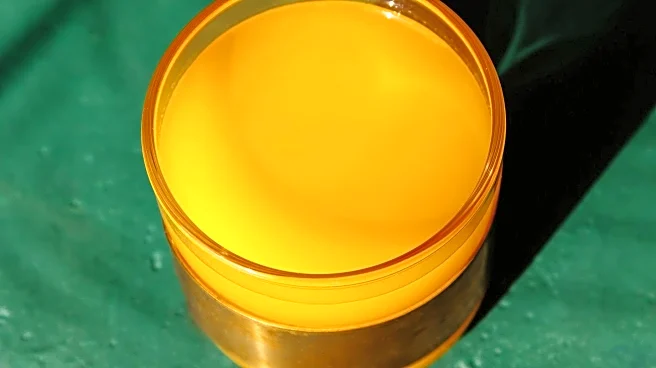Rapid Read • 8 min read
Maine has taken a significant step in regulating per- and polyfluoroalkyl substances (PFAS) by proposing 'currently unavoidable use' (CUU) designations for two cleaning products. This proposal is part of Maine's broader legislative effort to restrict PFAS in products, with compliance deadlines set for 2026 and 2032. The Maine Department of Environmental Protection (DEP) has approved CUU designations for a cleaning product container's internal cartridge valve and vented cap liner, citing their essential role in product safety. However, the DEP rejected nine other CUU proposals, including those for cookware and cosmetic product containers, due to insufficient evidence of necessity and lack of alternatives. Public comments on these proposals are open until September 2, 2025, and a public hearing is scheduled for August 21, 2025.
AD
The proposed CUU designations in Maine could set a precedent for similar regulations in other states like Minnesota and New Mexico, which also have laws restricting PFAS. These actions highlight the growing regulatory focus on PFAS due to their environmental and health impacts. The decisions made by Maine DEP could influence how other states evaluate CUU proposals, potentially affecting a wide range of industries that rely on PFAS for product functionality. Stakeholders, including manufacturers and environmental groups, have a vested interest in the outcome, as it could lead to stricter regulations and increased compliance costs.
Stakeholders are encouraged to participate in the public comment process and attend the upcoming hearing to influence the final decision. The outcome of Maine's CUU proposals will likely guide future regulatory actions in other states. Companies using PFAS in their products should prepare for potential changes in compliance requirements and consider developing alternatives to PFAS to mitigate regulatory risks.
The Maine DEP's actions reflect a broader trend towards stricter environmental regulations, which could lead to significant shifts in manufacturing practices. The focus on PFAS highlights the ongoing tension between industrial needs and environmental health, raising questions about the balance between economic growth and sustainability.
AD
More Stories You Might Enjoy












